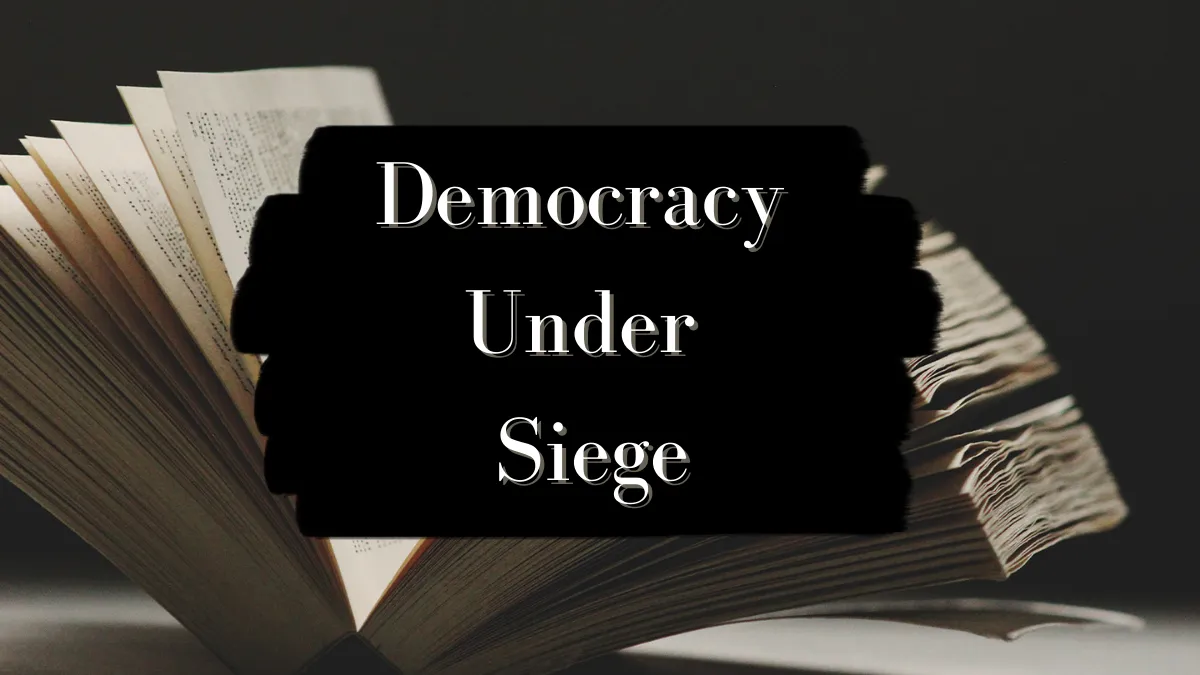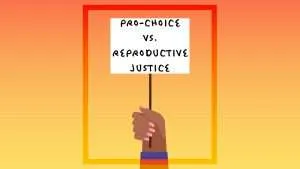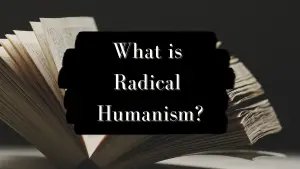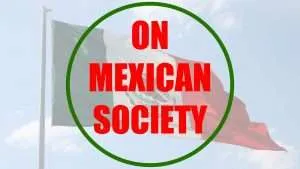It is with great remorse that I have to pen down the fact that India, which happens to be the largest democracy in the world, is no longer a ‘free’ and democratic nation according to a Freedom House Report on India.
Democracy watchdog Freedom House has downgraded India to a ‘partly free’ country in its 2021 report.
Freedom House, established in 1941, is the oldest American organisation devoted to promote and support the idea of democracy around the world. It was formally setup in New York to promote American involvement in World War II and their fight against Fascism and authoritarianism that had engulfed the world during that period of time. The main motto of the organisation as stated by them is: “Freedom House is founded on the core conviction that freedom flourishes in democratic nations where governments are accountable to their people.”
The annual ‘Freedom In The World Report’ (2021) published by the organisation down-ranked India from a ‘free democratic nation’ to a ‘partly free country. In Fact most of the ‘Orient Nations’ have been labelled under the category of ‘partly free’ or authoritarian/’not free’ countries.
India has scored a total of 67 out of 100 and has declined its place to a ‘partly free’ country, along with its south eastern counterparts of Bangladesh, Bhutan, Nepal and China. The evaluation criteria for this report is based on the condition of individual freedoms – “ranging from the right to vote of freedom of expression and equality before the law; it also measure how such qualities are affected by state and non-state actors.”
Global Freedom Status for India has been calculated on the basis of two main categories which are: a) Political Rights, and b) Civil Liberties. While India was applauded for the presence of its developed and dynamic political rights and a positive role played by the government to ensure political rights, however, in the sphere of ‘Civil Liberties’ India have failed miserably. India has scored a total of 34 out of 40 in the ‘Political Rights’ category and just 33 out of 60 in the ‘Civil Liberties’ category, making a total of 67 out of 100 (full score) in the global freedom index.
The two main categories of ‘Political Rights’ and ‘Civil Liberties’ are further divided into various subcategories to have an in depth micro analysis of the condition of political and civil liberties in India.
Political Rights
The first sub-category under ‘Political Rights’ is ‘Electoral Process’. In this area, India has scored a perfect 16/16. The main context of this sub-category was regarding the scenario of free and fair elections in India.The second sub-category under this topic is ‘Political Pluralism And Participation’. Here, India has performed moderately and scored a total of 13 out of 16. The main area of concern in this subcategory was the predominance of external forces in influencing people’s political choice forcefully and systematic discrimination of the LGBTQ community by the state in the electoral framework of the country. Regarding the second sub-category, ‘Freedom House’ has aptly pointed out the loopholes in the electoral process in the country. In the upcoming months, there will be election to the Legislative assemblies in various states of India. But we can already see instances of forced voting, coercive purchasing of voters or candidates, booth poll capturing and so on and so forth. Such backlogs have already been addressed in this report.
The last sub-category under ‘Political Rights’ is ‘Functioning Of Government.’ In this division India scored 9 out of 12; the main issue here being the corruption and openness of the bureaucracy or administrative system.India’s rank has slipped six places to 86th among 180 countries in corruption perception index (CPI) in 2020 published by Transparency International. India also has the highest bribery rate in Asia.
Civil Liberties
With regard to civil liberties, which measures the degree to which civilians can raise their voice and protest against any issue or government decision without undue interference and coercion by the state or any external forces.In this category India’s performance has been downcast to only about 33/60.The major sub-categories under ‘Civil Liberties’ are ‘Freedom Of Expression And Belief’ and ‘Personal Autonomy And Individual Rights’. In both this sub-categories India has performed poorly and scored only 9 out of 16. The role of freedom and independent media has also been narrowed down in the recent years. Authorities have used security, defamation, sedition, and hate speech laws, as well as contempt-of-court charges, to quiet critical voices in the media. Hindu nationalist campaigns aimed at discouraging forms of expression deemed “antinational” have exacerbated self-censorship. This report also suggests a declining tendency of freedom of thought and expression given to the citizens of India.
The biggest and most thought provoking allegation made in this report is regarding the ‘independence of judiciary.’ Freedom House believes that the judiciary which was until now an integral part to India’s democracy, had been corrupted and was no longer a beacon of hope. It was in fact labelled to be a part and parcel of the central government or the government in power.
While India is a multiparty democracy, the government led by Prime Minister Narendra Modi and his Hindutva nationalist Bharatiya Janata Party (BJP) has presided over discriminatory policies and increased violence affecting the minority population. The constitution guarantees civil liberties including freedom of expression and freedom of religion, but harassment of journalists, nongovernmental organizations (NGOs), and other government critics has increased significantly under Modi. Muslims, scheduled castes (Dalits), and scheduled tribes (Adivasis) remain economically and socially marginalized.







